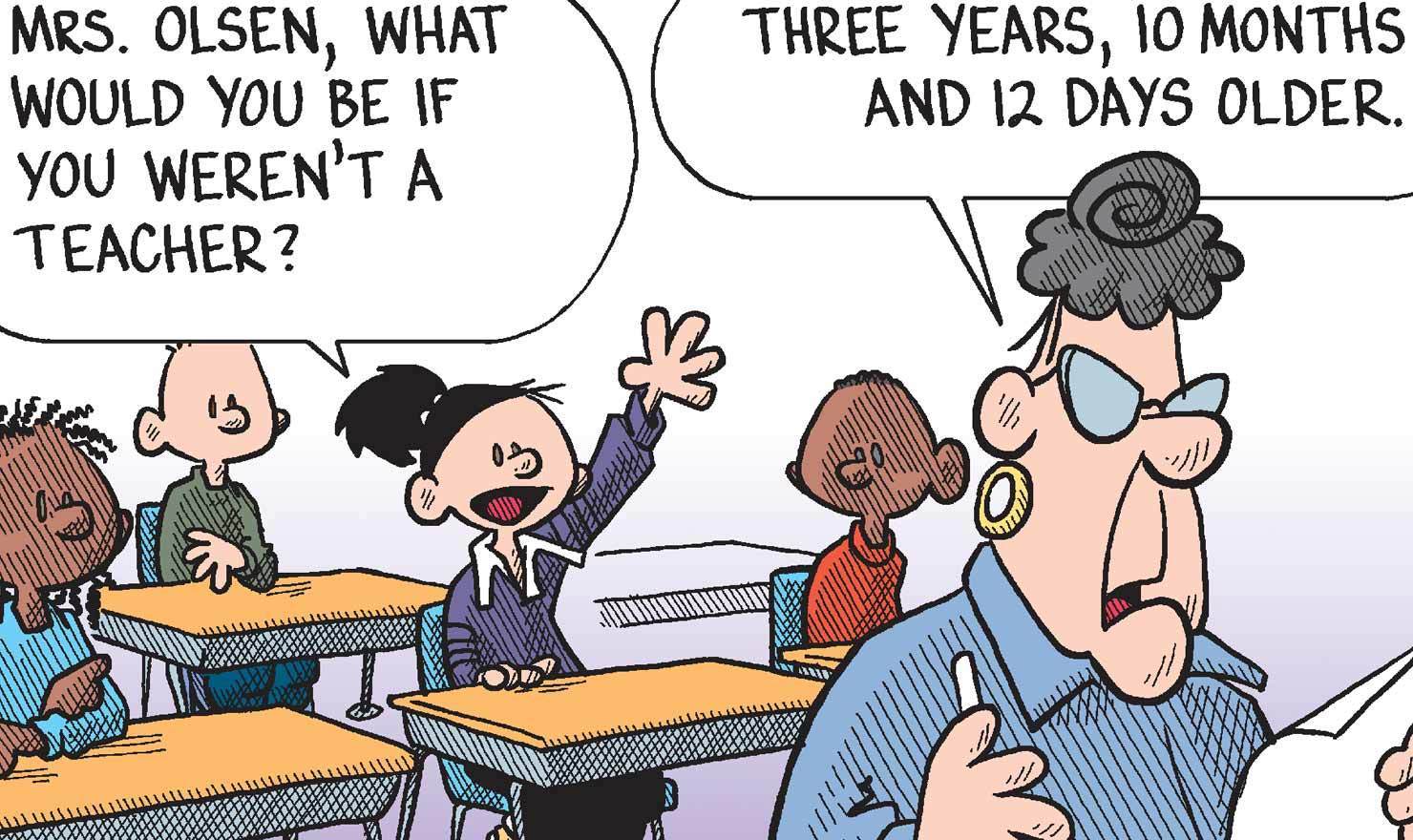Coming Soon 👀 At the beginning of April, you’ll be
introduced to a brand-new GoComics! See more information here. Subscribers, check your
email for more details.
The Boondocks by Aaron McGruder for February 19, 2022
Transcript:
Cindy: Real black people! Here! I'm so excited! I've never seen a black person before, have you? Jazmine: Um... Well... Actually. Cindy: Ooohh, I hope one of them is a gangster rapper or a basketball player!! That would be soooo cooool!!! My dad keeps saying he's afraid of declining property value, juvenile delinquents and set-aside programs. But I don't know what any of that means. Jazmine: Lucky you.


https://www.ThisDayTrivia.com/trivia/february-19?f=Thind-ruling#Thind-rulingAsian Indians Not Eligible for U.S. Citizenship
February 19, 1923
The U.S. Supreme Court decides that Asian Indians are not eligible for U.S. citizenship through naturalization because they are not Caucasian. The Naturalization Act of 1906 allowed only “free white persons” and “aliens of African nativity and persons of African descent” to become U.S. citizens by naturalization. Bhagat Singh Thind, an Indian Sikh man who identified as a “high caste Aryan, of full Indian blood,” while serving in the U.S. Army during World War I applied for and was granted U.S. citizenship. However, Thind’s citizenship was revoked four days later on the grounds that Thind was not a “white man”.The following year, he applied again and was granted citizenship for a second time. The Bureau of Naturalization appealed the decision to grant him citizenship and the case made its way up to the Supreme Court. On February 19, 1923 the Supreme Court delivered a unanimous opinion denying citizenship to Indians and his citizenship was again revoked. The justices wrote that since the “common man’s” definition of “white” did not include Indians, they could not be naturalized.In 1935, Congress passed the Nye-Lea Act, which made World War I veterans eligible for naturalization regardless of race. Thind then applied for naturalization a third time. This time, due to his military service, he was granted citizenship.